How to Lose Weight with Hypothyroidism
Let’s talk about how to lose weight with hypothyroidism because thyroid issues aren’t at all uncommon. It’s a problem that we have helped MANY of our clients overcome when it comes to dieting and weight loss.
In fact, women, especially those over the age of 60 are likely to have problems with the gland that can lead to weight gain, joint pain, and heart disease.
Hypothyroidism, a condition where your thyroid is underactive and not producing enough of the important hormones your body needs, can not only contribute to obesity but can also make it tricky to lose weight.
While it might be difficult, shedding a few pounds can help improve the symptoms of the disease, and the lifestyle changes can make contribute to increasing your thyroid function without medication.
In this article, we’ll give you tips from scientific experts based on research, studies, and decades of experience to help you lose weight with hypothyroidism.
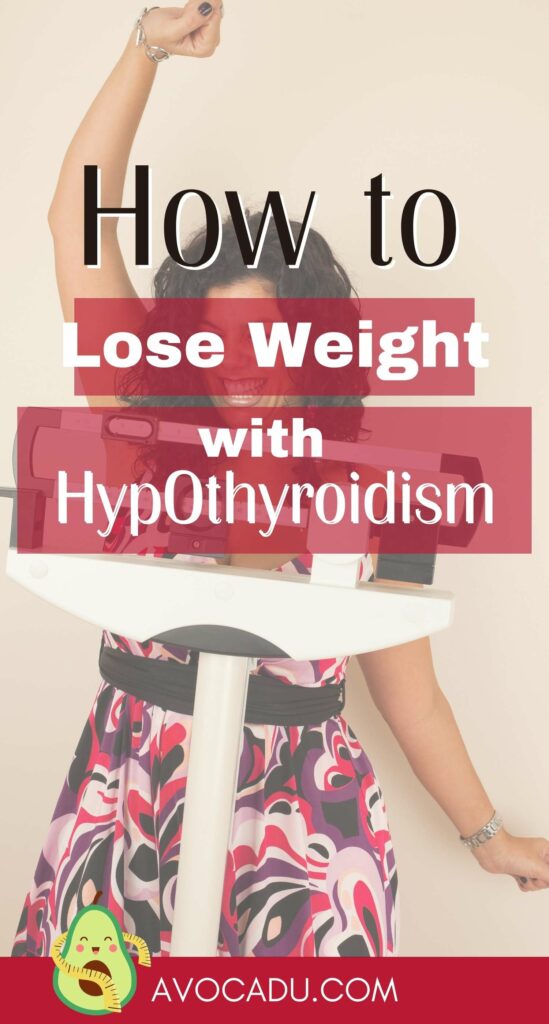
This post may contain affiliate links, which helps keep this content free. Please read our disclosure for more info.
What is Hypothyroidism?
Hypothyroidism is a condition that causes your thyroid gland to be under-active and essentially prevents it from being able to produce enough hormones to keep your body running at a reasonable rate.
The condition is caused by an autoimmune disease, having your thyroid surgically removed, or radiation treatment to the area. It can also be caused by iodine deficiency, but this isn’t typically a problem in the U.S. as we add iodine to our table salt.
Having a thyroid issue isn’t uncommon. The American Association of Clinical Endocrinologists says that 27 million Americans have thyroid disease, and eight out of ten are women (1).
While the exact cause of the disease is unknown, pregnancy can be a contributing factor, and 18 percent of women will have issues with their thyroid post-partum.
What are the Signs and Symptoms?
Unfortunately, the symptoms of hypothyroidism can be hard to pinpoint.
Because the hormones regulate so many major functions of the body, signs of the disease may be mild and far-reaching.
If you have hypothyroidism, you will likely experience one or more of the following:
- Fatigue or sleepiness
- Mood swings
- Loss of memory
- Weight gain
- Depression and irritability
- Muscle cramping and aching
- Muscle weakness
- Decreased perspiration
- Blood pressure changes
- High cholesterol
- Leg swelling
- Blurred vision
- Intolerance to cold temperatures
- Hoarse voice
- Heavy menses
- Dry hair and skin
- Hair loss
- Constipation
It’s a long list…
If you have the symptoms of hypothyroidism, the first step is to visit your doctor. They can run a series of tests to check your TSH levels, which will indicate if you have too little of the hormone in your system.
From there, you’ll have several treatment options to help manage the condition.
In many cases, treating the disease will inherently help you lose weight but it’s important to also make lifestyle changes for the biggest impact.
How to Lose Weight with Hypothyroidism
There are several factors that contribute to weight gain when you have hypothyroidism.
Here we’ll examine the top five, and give you suggestions that you can take to your doctor or incorporate into your daily life to see weight loss success.
TSH Levels
The first test your doctor should run if you believe you have a thyroid issue is one to see your TSH levels.
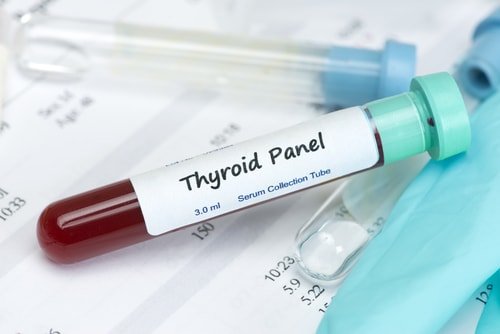
If it comes back that your levels are high, your doctor will diagnose you with hypothyroidism and likely prescribe a medication to treat the condition.
While the gold standard is that a level above 5.0 is considered to be possible hypothyroidism, some experts feel that range is too broad and should be narrowed to 0.3 to 3.0.
If you’re being treated for the disease, and you’re having difficulty losing weight, ask your doctor to tell you your exact TSH level.
If you’re at the higher end of the range, it’s possible that you need to attain a lower TSH level to see the best results.
T3 Levels
The normal therapy to treat hypothyroidism is levothyroxine, a synthetic form of the deficient T4 hormone. However, in some clinical trials, researchers found evidence that treating patients with a T3/T4 combination therapy produced better weight loss results.
If you’re struggling to lose weight, talk with your doctor about adding in a synthetic T3 drug like liothronine or combination treatments that have both T3 and T3 like Nature-throid or Armour into your treatment protocol.

Boost Your Metabolism
Your metabolic set point is kind of like your body’s happy place as it relates to weight.
Most people can maintain their weight, and while they may fluctuate by a few pounds, they find that their body will return to a set point with little effort.
If you have hypothyroidism, chances are you also have a chronically slow metabolism. This can happen over time as the disease progresses, and will impact your metabolic set point.
For example, a healthy woman who weighs 170 pounds and is 5’6” tall may be able to maintain your weight on 2500 calories daily. However, the same woman with hypothyroidism may have a significantly slower metabolism which means she will need to take in fewer calories to maintain her weight.
To counteract these effects, make lifestyle changes to boost your metabolism.
One great way to rev up your body’s ability to burn calories is to add in daily exercise.
According to Women’s Health Magazine, the three types of activity that are metabolism boosters are strength training, interval training, or steady-state cardio.
Check out this at-home workout that takes just 36 minutes and doesn’t require any equipment for some inspiration.
Aim for at least 30-minutes five days a week to help lose fat and push your weight loss efforts forward.
Eat for Health
Research shows a link between insulin, leptin, and thyroid disease. What this means for you is that your body may have difficulty processing sugary or high-carbohydrate foods, and you may not experience normal hunger and satiety cues.
There are two ways to manage these challenges. First, make sure your daily diet includes lots of healthy foods.
Things like vegetables, lean protein, fruits, and whole grains give your body the fuel and nutrients it needs in a form that is easy to digest. Limit your consumption of high-sugar and high-fat foods, and try to eliminate as many processed treats as possible.
Second, manage your hunger and blood sugar levels by eating four to six smaller meals throughout the day. By eating every two to three hours, you ensure that you don’t have blood sugar spikes that can lead to uncontrollable hunger and overeating.
Be Your Own Advocate
While thyroid issues may be common, there are many different schools of thought on how to best treat them. If you’re working with your doctor but not seeing the results that you expect from your treatment protocol, change things up!
You are the best advocate for your health, so it’s important to take control and get the answers you deserve and relief from the symptoms of your disease.
Your health and your happiness are the greatest assets you have.
If you are ready to make a change in your diet and lifestyle, our 21-Day Fat Loss Challenge is a great place to start! We have a private support group for the Challenge with over 2,000 members.
This means that you don’t have to go it alone, and you can chat with other members that are on a similar journey with hypothyroidism, like our clients in this screenshot from our group:
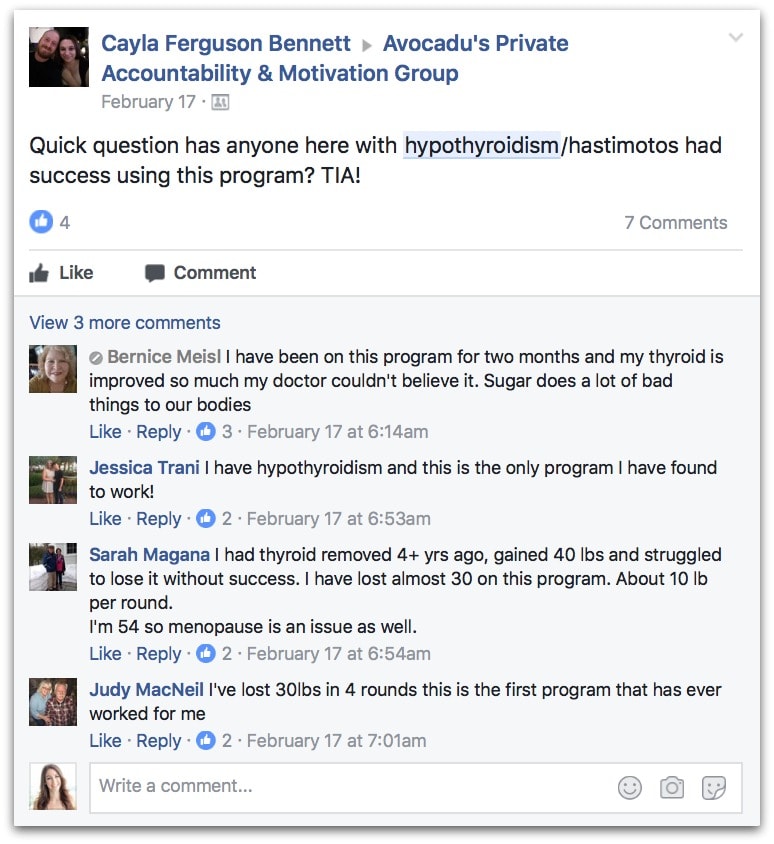
Our clients lose an average of 10-21 pounds in 21 days and absolutely love the program!
But even better than the weight loss is the feedback we get from our clients about how the program has taught them how to change their eating habits and find a diet that truly works for them in the long-term.
If you are ready to finally lose some serious weight with a really great diet for hypothyroidism and make a big and PERMANENT change in your life, this is the ONLY place you should start.
The program was designed in a way that it can be completed in multiple rounds if you have more weight to lose! 20 lbs, 40 lbs, 80 lbs, and more…
The concepts that we teach will help you make the necessary changes in your diet and your lifestyle and how to keep them “beyond the diet.”
Click here to get started with your 21-Day Fat Loss Challenge today!
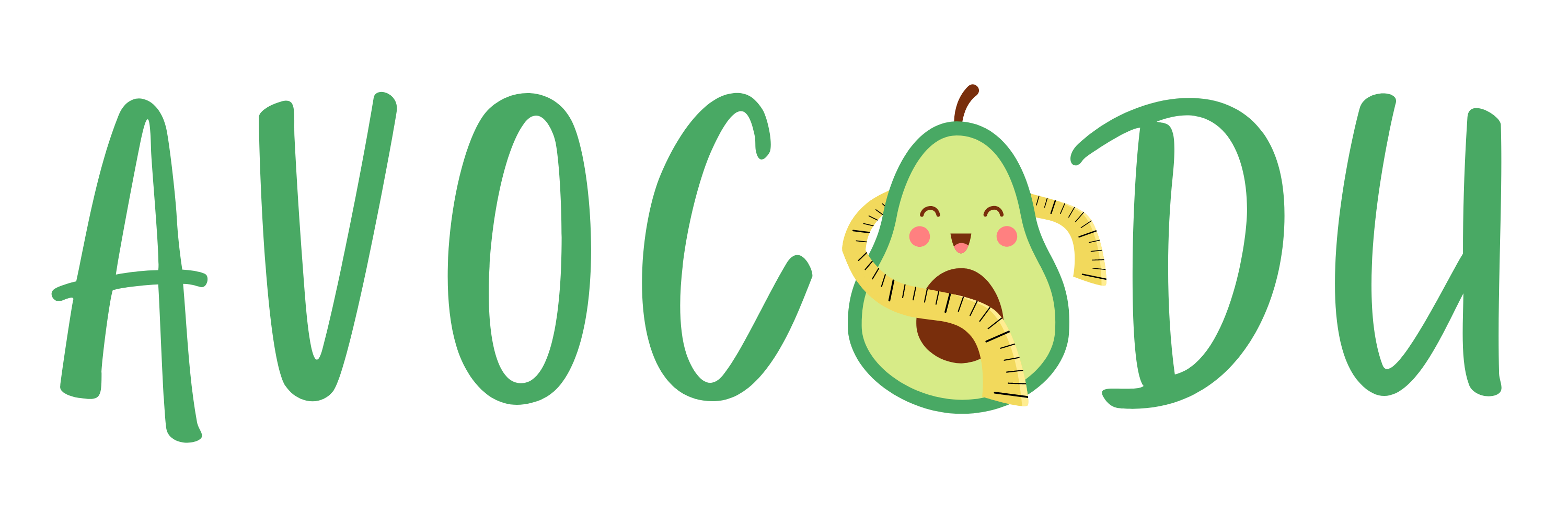
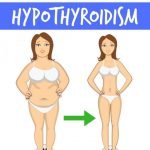

thanks for enlightening me and giving me inspiration about sweating and burning my calories away. I appreciate this post. Nice one!
Thanks for article. Thyroid seems to be still under represented in the big picture of health. The work of Broada Barnes is a great reference.